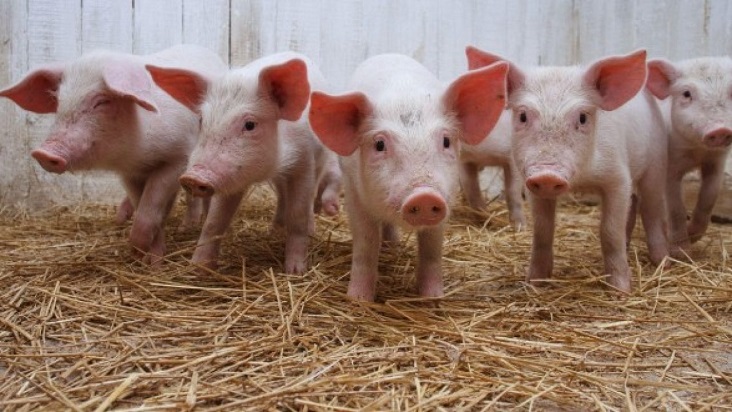The United Nations Environment Programme is asking everyone to examine products in their bathrooms as part of a campaign to raise awareness on the harm caused by plastics in personal care products, URN reports.
The campaign comes at the backdrop of reports that a large number of personal care products contain micro plastics and microbeads, that enter water bodies, affecting marine species, and find their way into the food chain through fish consumption.
Microplastics are defined as any piece of plastic under 5mm in size.
“What’s in Your Bathroom?” the UN Environment Programme (UNEP) asked on Monday, as part of the campaign which also seeks to establish shifts that can be made to reduce plastic footprints.
According to UNEP, an estimated eight million tons of plastic end up in the ocean, seas and beaches each year, an equivalent to a full garbage truck every minute dumped into the water bodies. Between 60 to 90 per cent of the litter is made up of plastic from shampoos, soap, toothpaste, eyeliners, lip gloss, deodorants, sunblock sticks, as well as cigarette butts, bags, and food and beverage containers.
Researchers say that a single cleansing product can contain as many as 360,000 microbeads. And because they look like food, they are eaten by fish, amphibians, insect, larvae and marine animals as well as seabirds and other marine life, blocking digestive tracts and causing physical problems.
UNEP emphasized that micro plastics and microbeads pose a hidden challenge because unlike marine plastic pollution with sights of plastic litter along coastlines or floating on the sea surface, it is out of sight and therefore, out of mind.
The environment watchdog acknowledges that many consumers are not aware just how much plastic there may be in the personal care items they use daily on their faces and bodies. It however advises consumers to check the labels and avoid products containing polyethene (PE), polypropylene (PP), polyethene terephthalate (PET), polymethyl methacrylate (PMMA), polytetrafluoroethylene (PTFE) and nylon.
The Netherlands, South Korea, Taiwan, Sweden, New Zealand, France, Canada, and some states in the US have already legislated against microbeads in cosmetics. Other countries, like India and Italy have legislation in the pipeline, expected to come into force in 2020.
The European Union is currently considering a comprehensive ban on microplastics in cosmetics, paints, polish and detergents for all members.





